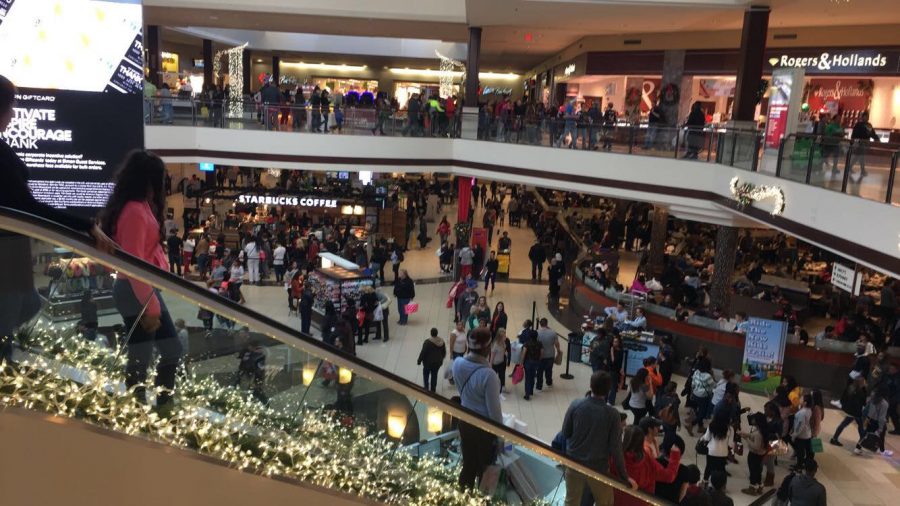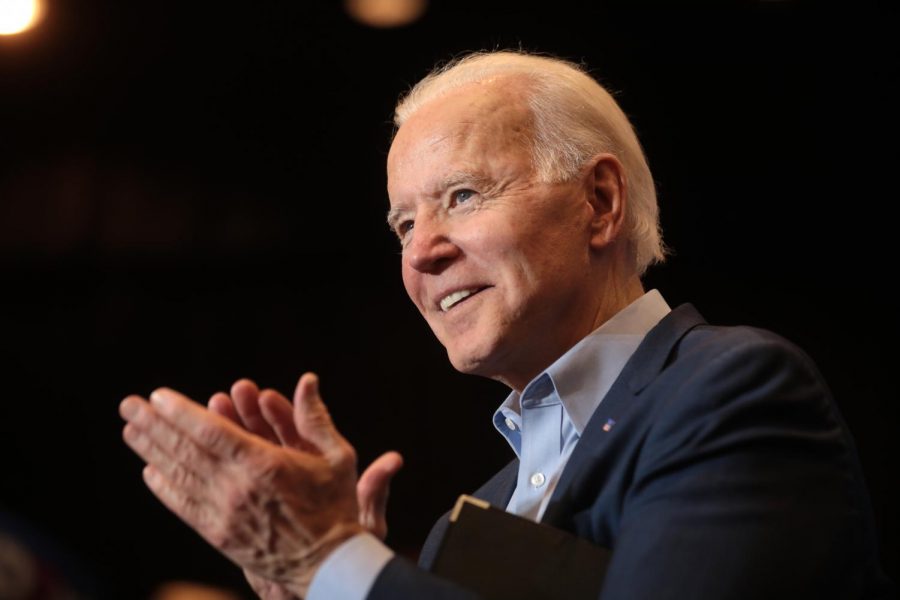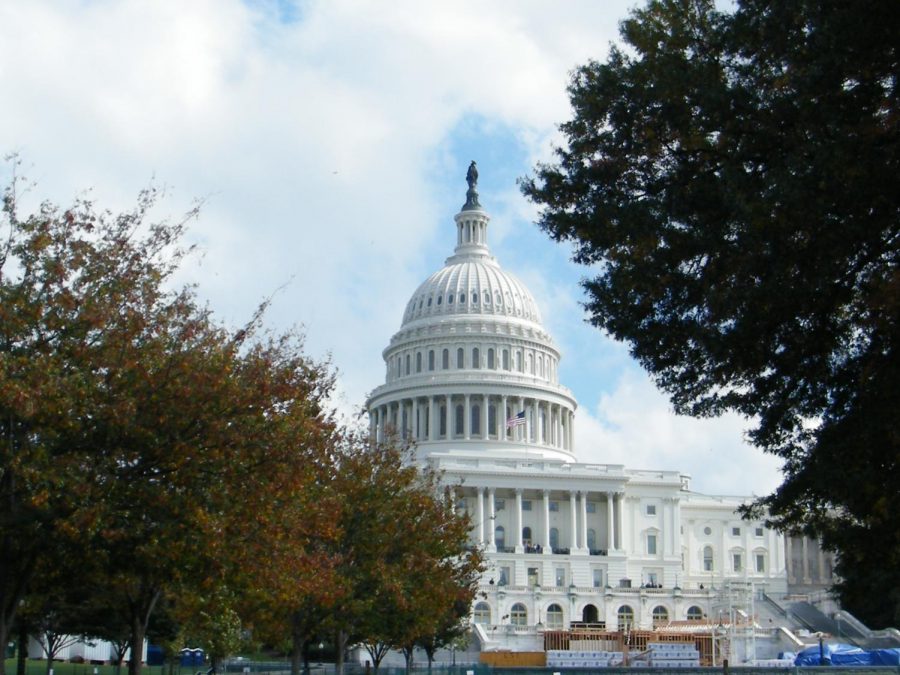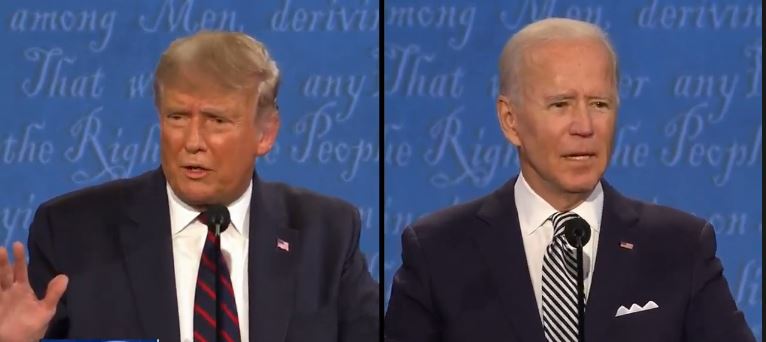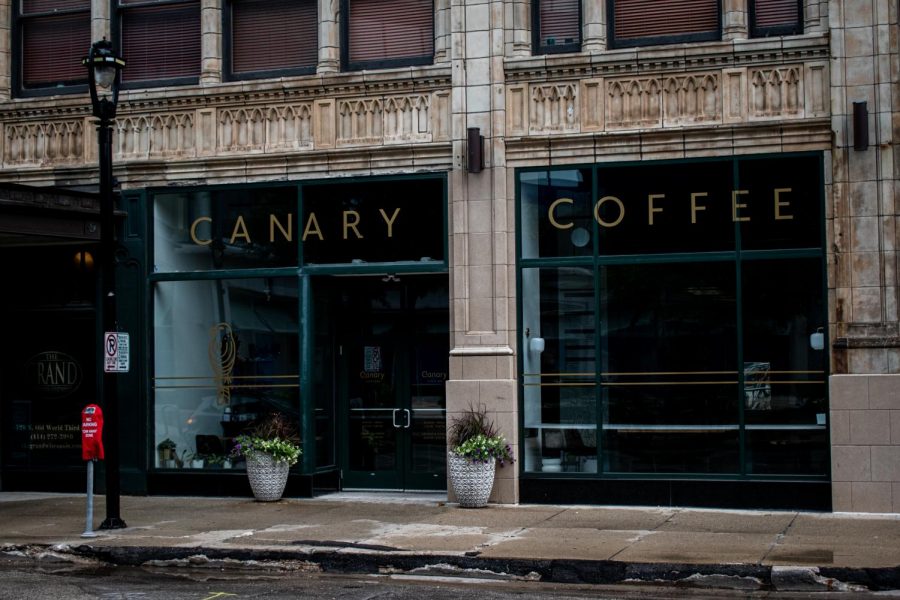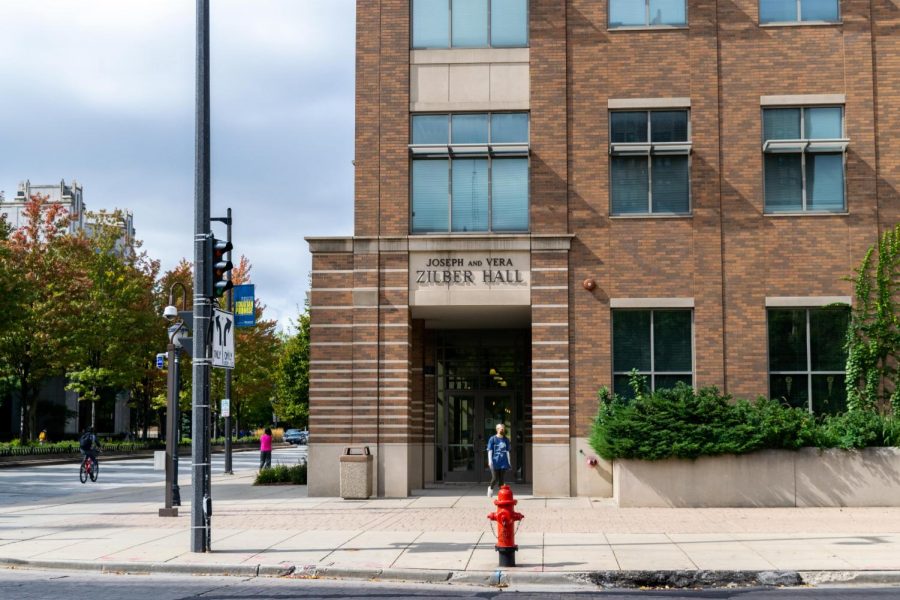 The day after Thanksgiving offers plenty of opportunities for consumers to devour as many great deals as they did pieces of turkey the day before.
The day after Thanksgiving offers plenty of opportunities for consumers to devour as many great deals as they did pieces of turkey the day before.
Companies are dealing with a lot on Black Friday, the unofficial kickoff to the holiday shopping season. In addition to promoting the best deals, there are efforts in place to ensure crowd control after a worker was trampled to death at a New York Wal-Mart during last year’s rush.
In response, Wal-Mart has decided to open all its stores for 24 hours during the shopping weekend in an effort to temper crowds.
Kathy Grannis, media relations manager for the National Retail Federation, the world’s largest retail trade federation, said the company has created a comprehensive set of guidelines for crowd control this year.
“Crowd management and the retail industry go hand-in-hand, and you have to prepare for the unexpected as well as what’s planned,” Grannis said. “We wanted to re-emphasize that we are taking this seriously as we do every year.
Finding the best deals on Black Friday usually requires the consumer to do his or her homework. Most companies showcase their offers on their Web sites.
Wal-Mart’s leaked Black Friday ad mentioned markdowns of computers, digital cameras and HD televisions for several hundred dollars. Computers usually more than $400 were marked down to as low as $198, and cameras from more than $150 to $69, according to CNNMoney.com.
Target will open at 5 a.m. on Friday. Some of its best deals include clothes from as little as $5, digital cameras for $39, and portable hard drives for $59.98, according to its Web site.
Overall, industry research suggests consumers will spend less in 2009.
The NRF predicted in an October survey that U.S. consumers will spend an average of $682.74 this year, which would drop 3.2 percent from $705.01 in 2008.
According to U.S. News and World Report, preliminary retail sales in 2008 were $10.6 billion, a 3 percent total increase over the year before.
The NRF expects holiday sales will decline 1 percent from 2008, according to its holiday forecast. In a statement, NRF’s chief economist Rosalind Wells said Americans will continue to focus on practical gifts and shop on a budget.
At even a 1 percent drop, consumers will spend $437 billion less this year than last, Grannis said.
“It’s no drop in the bucket, even though it’s the biggest time of year for most retailers,” Grannis said.
Accenture, a global management consulting and technology services company, has studied the trends and offered its opinions on what consumers can expect for this year’s Black Friday rush.
Janet Hoffman, managing director of Accenture’s retail division, said in an e-mail that retailers rewarded those who shopped the earliest in 2008, but might be skeptical of doing likewise this year.
“Holiday shopping in 2008 was defined by the huge discounts that were available very early in the holiday season,” Hoffman said. “In 2009, however, retailers will be reticent to offer such generous incentives in the face of rising commodity prices.”
She added retailers that offer value without destroying their margins will come out best, financially speaking.
Matt Samuel, Accenture’s media and analyst lead for retail and consumer goods and services, said retailers should be better prepared to handle the rush of consumers this year as 2008 was brought on by the recession’s initial hit.
“The turbulence in the economy meant that retailers had little time to react,” he said. “This year they have had an opportunity to be more thoughtful about how they approach the season.”
He said the company’s annual holiday shopping survey showed 70 percent will spend the same or more on holiday shopping this year compared to 60 percent in 2008.





